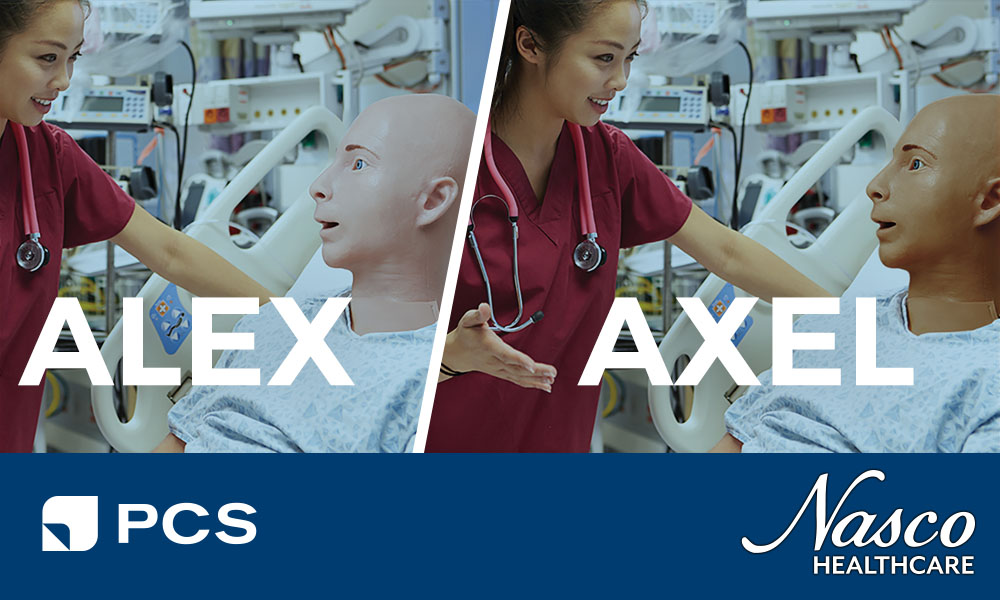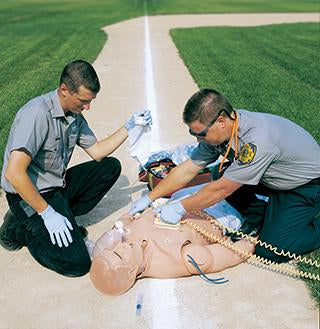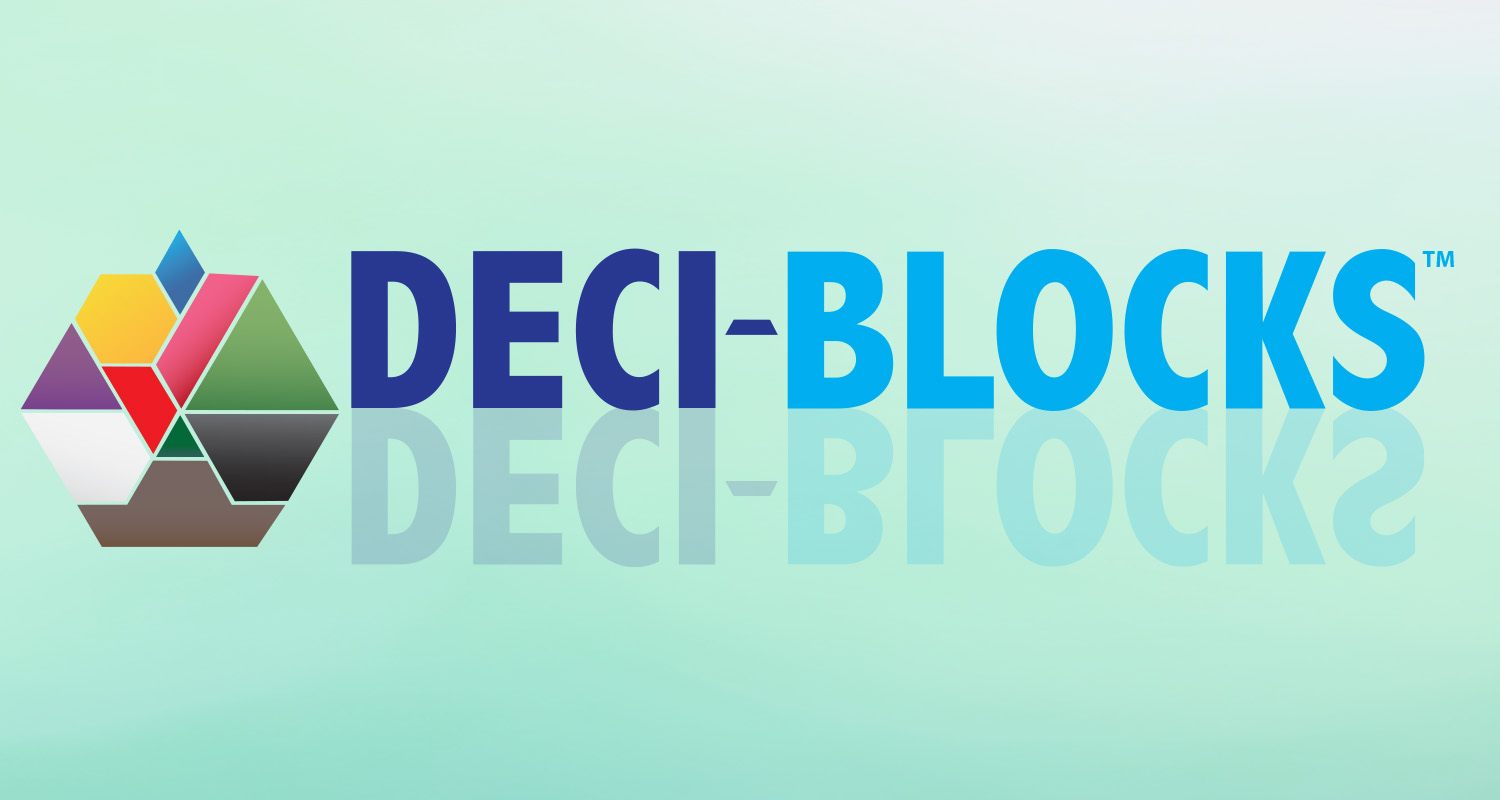Celebrating Preventative Health Awareness Month with Simulation in Canada
-

- Healthcare
- Feb 12, 2024
-
20views

As we step into Preventative Health Awareness Month, it's an opportune time to shed light on the importance of preventive healthcare and how Canada is leveraging innovative simulation technologies to pioneer advancements in this field. Preventive health plays a pivotal role in our lives, aiming to reduce the burden of chronic diseases and enhance the overall quality of life through early detection, vaccination, health education, and lifestyle modifications.
Canada, known for its robust healthcare system and cutting-edge medical research, is at the forefront of incorporating simulation technologies to train healthcare professionals, educate the public, and improve preventive health outcomes. Simulation, in the context of healthcare, involves the use of advanced technologies and methodologies to replicate real-life scenarios, allowing for risk-free training, practice, and assessment.
The Importance of Preventative Health
Preventative health encompasses a broad spectrum of activities and interventions designed to avert the onset of disease or detect it early when treatment is more effective. According to the Public Health Agency of Canada, chronic diseases, many of which are preventable, account for a significant portion of healthcare costs and mortality in the country. By focusing on preventive measures, we can significantly reduce the incidence and impact of these diseases.

Simulation in Healthcare: A Game-Changer
Simulation has transformed medical education and practice in several ways:
-
- Clinical Skills Development: Through simulation, healthcare professionals can practice and hone their skills in a controlled, safe environment. This includes everything from basic procedural tasks to complex surgical procedures. These types of simulation products are called simulation task trainers and can be as simple as practicing intramuscular injections on an Injection Training Pad, to starting IVs on an Advanced Venipuncture and Injection Arm, to honing suturing skills for surgical procedures.
- Scenario-based Training: Healthcare teams can experience real-life scenarios, including emergency response, without the risk to patients. This type of training is invaluable for improving teamwork, decision-making, and crisis management skills. Scenario-based training has been expanding exponentially over the past 10 years and is now considered the standard for all medical-based education and workplace training programs. The simulation products used for scenario-based training vary depending on program and/or profession. The Healthcare Aide or Personal Support Worker program, for example, may be more inclined to use an elderly manikin reflecting on the demographics they are most likely to be working with, while the Firefighters are more likely to use a rescue manikin intended for field emergencies and extrications.

-
- Advanced Scenario-based Training: Simulation-based education/training is constantly evolving and expanding whereby allowing for customizable scenarios to meet specific learning outcomes via high-fidelity manikins and to fully immerse students/trainees into realism of the psychosocial aspect of patient assessment via AI manikins. This advancement in simulation-based learning not only provides the student with the most authentic scenario, but also allows for remote instructor capabilities as well as the ability for students and instructors alike to review and debrief on the scenarios further enhancing the learning trajectory.
- Advanced Scenario-based Training: Simulation-based education/training is constantly evolving and expanding whereby allowing for customizable scenarios to meet specific learning outcomes via high-fidelity manikins and to fully immerse students/trainees into realism of the psychosocial aspect of patient assessment via AI manikins. This advancement in simulation-based learning not only provides the student with the most authentic scenario, but also allows for remote instructor capabilities as well as the ability for students and instructors alike to review and debrief on the scenarios further enhancing the learning trajectory.
Canada's Leadership in Healthcare Simulation
Canada's commitment to healthcare simulation is evident in its world-class institutions and initiatives. For example, Simulation Canada, promotes the use of simulation across all healthcare disciplines, facilitating collaboration, research, and innovation in this field. Moreover, academic centers like the University of Toronto and the University of British Columbia offer specialized programs in healthcare simulation, contributing to the development of next-generation healthcare professionals.

Sources and Further Reading
- Public Health Agency of Canada
- Simulation Canada
- Health Canada's "Healthy Living" Initiative
- "The Impact of Simulation in Healthcare: A Canadian Perspective" - This scholarly article (available on PubMed) provides an in-depth look at how simulation is shaping healthcare education and practice in Canada.
Preventative Health Awareness Month serves as a reminder of the critical role preventive health plays in our lives and the innovative ways Canada is contributing to this field through simulation. By investing in preventive health and embracing simulation technologies, we can pave the way for a healthier future for all Canadians. Let's take this opportunity to educate ourselves about preventive health measures and support the incredible advancements being made in healthcare simulation.
Related Posts

















